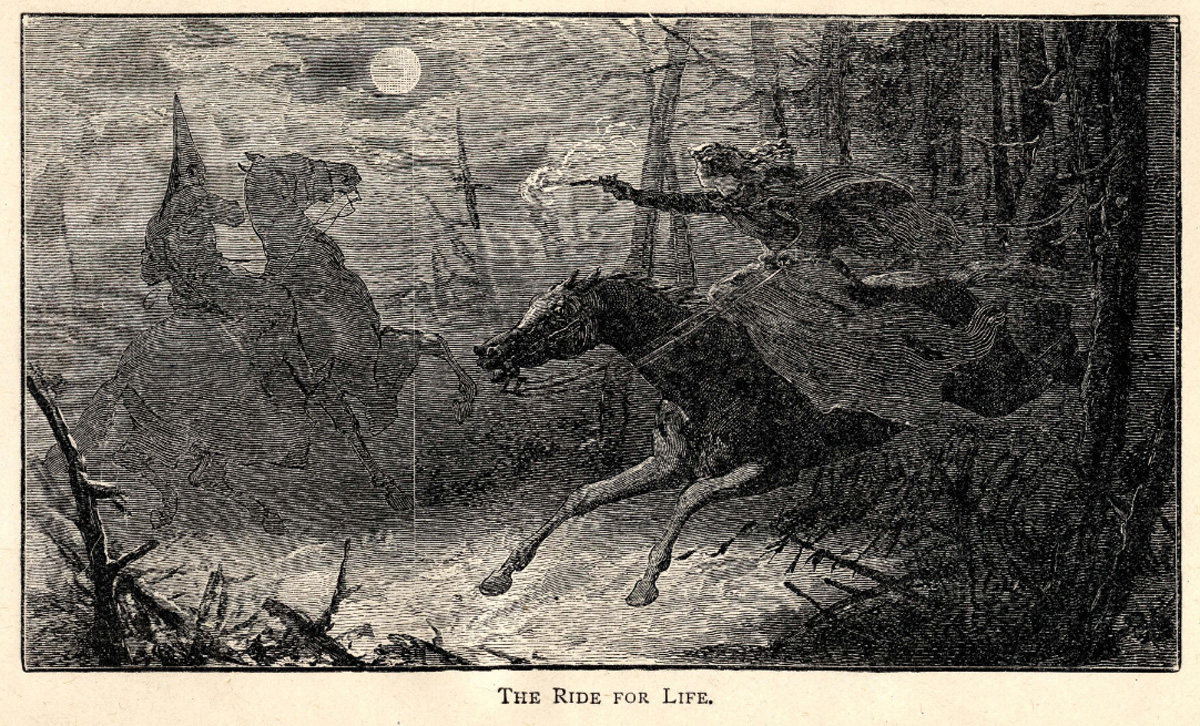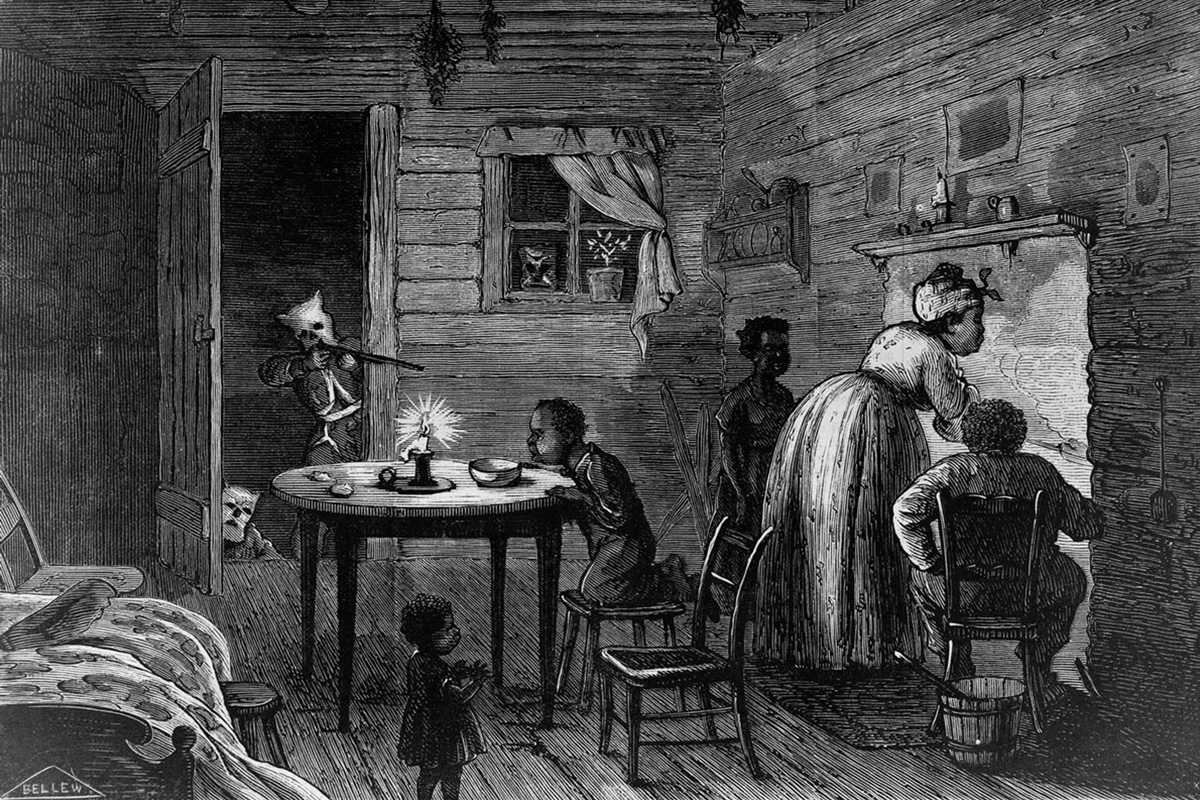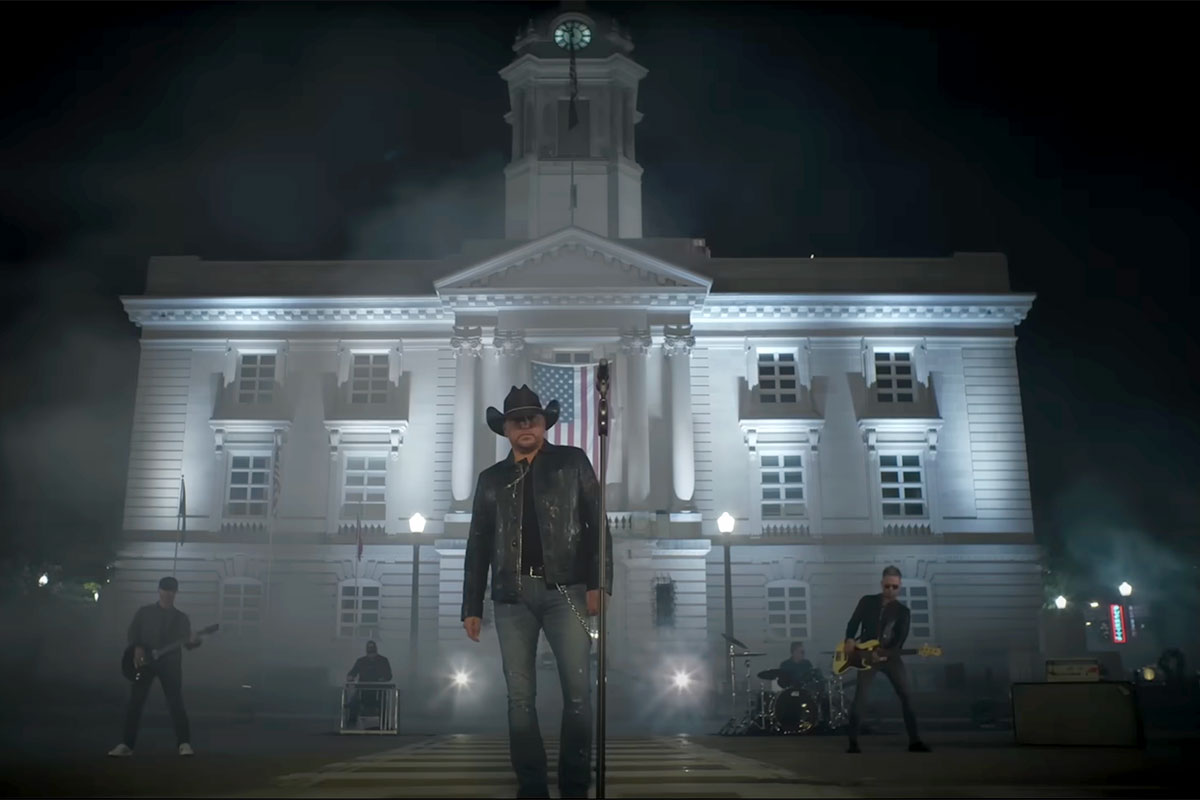Jason Aldean probably wishes that Ashton Pittman wasn’t so dedicated to truth-telling in places that, let’s be honest, most white journalists don’t dare to go.
A bit over a week ago, Ashton noticed the controversy over Aldean’s shocking “Try That In a Small Town” lyrics, which goes much further than glorifying gun culture or using guns for self-defense. The country star’s lyrics applauds “good ole boys” chasing people who are accused of carjacking, robbing a liquor store, burning a flag or cussing out a cop “down the road,” warning “It won’t take long for you to find out.”
Most of the people reading this know this song serves as, purposefully or not, an ode to how lynching was long used to terrorize Black people, using often-trumped-up excuses to execute them before they had a chance to go to trial. Vigilante violence is as un-American as you can get even if a person is guilty, but it’s not yet proved in a fair trial–of which there weren’t many for Black people in lynching’s heydey, with help or support of law enforcement.

When Ashton watched the video of Aldean performing those lyrics in front of the courthouse in Columbia, Tenn., Ashton knew to ask the next question, which we always try to do. Why that courthouse? And was it one of so many across the U.S. where one or more Black people were lynched to cheering white crowds?
Of course it was. The courthouse was the site of the 1927 lynching of 18-year-old Henry Choate—a Black man accused, but not convicted, of attacking a 16-year-old white girl (who said herself that she could not identify him as her attacker). That courthouse is also about 30 miles from here the Ku Klux Klan initially formed in Pulaski, Tenn., to terrorize newly emancipated Black people out of claiming their new rights during Reconstruction.
Ashton’s tweet about it went viral, helping cause a national outpouring of outrage over the lyrics that the Christian Post credited him with igniting. CMT even dropped Aldean’s video from its lineup.
Letting Facts Fall Where They Must
People often ask how Mississippi Free Press is different from other media in Mississippi and the Deep South. The top answer is easy: We religiously report context and facts others won’t touch for various reasons, from pandering to advertisers, to making wealthy white publishers and editors uncomfortable, to not wanting to challenge the systems that have long benefited them.
At the MFP, and the Jackson Free Press previously for 20 years, our team members know that little will really change, including inside political campaigns and newsrooms, until the full systemic history of how we got here is known.
We live in a time where so many politicians are doing absurd and dangerous things to try to whitewash history like the segregation academies people like Aldean attended do. Like in Florida, where the new history curriculum says slaves learned useful skills, too, you know. What the hell?
This road of telling the truth and letting facts fall where they must—a motto of mine for 30 years at least—isn’t always easy, and it doesn’t pander to partisanship because some folks of all political stripes want “truth” buried or shaped.
But here’s the thing: Morphing the truth never works, and those chickens will come home to roost and often in devastating ways. In our reporting, we tell the truth in measured ways, allowing judges and juries to figure out who is guilty and isn’t, just as should’ve happened for every person lynched in America.
Everyone Innocent Until Actually Proven Guilty
That high journalistic standard not only applies to reporting of historic context, but on politicians now: Ashton’s challenge of Tate Reeves’ claim that systemic racism doesn’t exist in America; me calling out Gulf Coast Sen. Jeremy England’s absurd statement that believing systemic racism exists is Marxist; Democratic operatives twisting Ashton’s TANF reporting into something he did not report; or our care in reporting former Gov. Phil Bryant’s texts and emails in proper context so as not to market his alleged guilt or that he orchestrated the TANF theft before all the facts are in, and in full context.
Everyone is innocent until actually proven guilty, whether we like them or not. Our credibility and the rule of law and decency rely on journalists always upholding those standards.

Again, our dedication to reporting facts is not always popular. Politicians want us to be their PR arms, and we get personally attacked when we insist on doing our jobs properly–which has a far greater impact on our society than becoming part of short-term schemes to mislead for any reason.
We don’t and won’t do that. And that is exactly why so many of you support and trust our journalism. We thank you and urge you to give what you can and keep sharing our work to help us grow this incredible team of Mississippians dedicated to ethical truth-telling even more. Publisher Kimberly Griffin loves to say that we’re the most inclusive newsroom in Mississippi. It’s true. But we’re also the one most dedicated to telling the whole truth and nothing but the truth.
This MFP Voices essay does not necessarily represent the views of the Mississippi Journalism and Education Group, the Mississippi Free Press, its staff or board members. To submit an opinion for the MFP Voices section, send up to 1,200 words and sources fact-checking the included information to azia@mississippifreepress.org. We welcome a wide variety of viewpoints.






